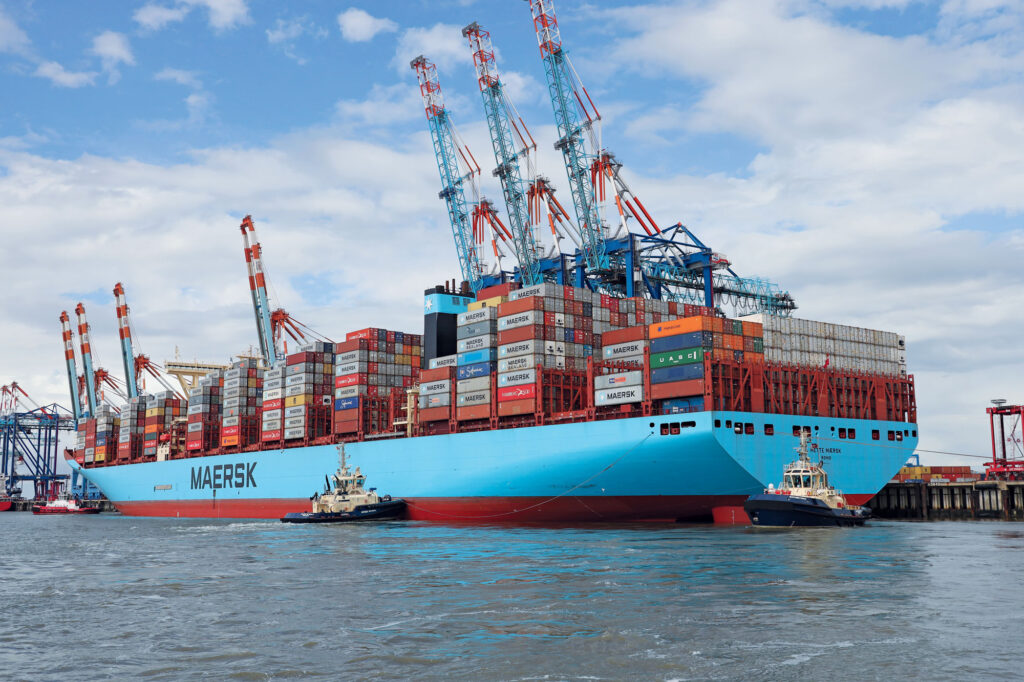Wood pulp is a critical raw material in the global paper production industry, serving as the primary input for a wide array of paper products, including newsprint, cardboard, and specialty papers. The shipping of wood pulp plays a pivotal role in ensuring that paper manufacturers worldwide have a steady supply of this essential resource. Understanding this supply chain is vital, as it highlights the interconnectedness of global trade, environmental considerations, and the paper industry’s evolving landscape. Globally, the demand for paper remains significant, driven by various sectors such as publishing, packaging, and hygiene products. The production of paper begins with wood pulp, which is derived from both softwood and hardwood trees. Softwoods, such as pine and spruce, are favored for their long fibers, which lend strength to paper products. In contrast, hardwoods like eucalyptus and aspen offer shorter fibers, producing smoother paper finishes. The selection of wood type can affect the quality and characteristics of the final paper product.

Shipping wood pulp from forested regions to processing facilities is a complex logistical endeavor. Major producers of wood pulp, such as Brazil, Canada, and the United States, have extensive forestry resources, but the paper manufacturing industries are often located far from these sources. Consequently, shipping becomes essential for transporting wood pulp to manufacturers in regions with limited access to raw materials, such as Europe and Asia. The shipping process typically involves transporting wood pulp in bulk via cargo ships, which can handle large volumes efficiently, thus reducing costs associated with land transport. However, the shipping of wood pulp is not without challenges. Environmental concerns have increasingly come to the forefront, as shipping contributes to carbon emissions. The industry is responding by exploring more sustainable practices, including optimizing shipping routes, utilizing cleaner fuels, and investing in advanced logistics technologies.
Furthermore, companies are increasingly prioritizing sustainably sourced wood pulp, which can help mitigate environmental impacts and meet the growing demand for eco-friendly products. The COVID-19 pandemic also underscored the vulnerabilities of the wood pulp shipping industry, revealing disruptions in supply chains and fluctuations in demand. As global economies recover, the Container shipping for forest products industry must adapt to changes in consumer behavior and preferences, emphasizing sustainability and efficiency in shipping operations. Wood pulp shipping is an integral component of global paper production, facilitating the movement of essential raw materials across borders. As the industry navigates environmental challenges and market dynamics, the importance of sustainable practices and efficient logistics will only grow, shaping the future of paper production in a rapidly changing world.